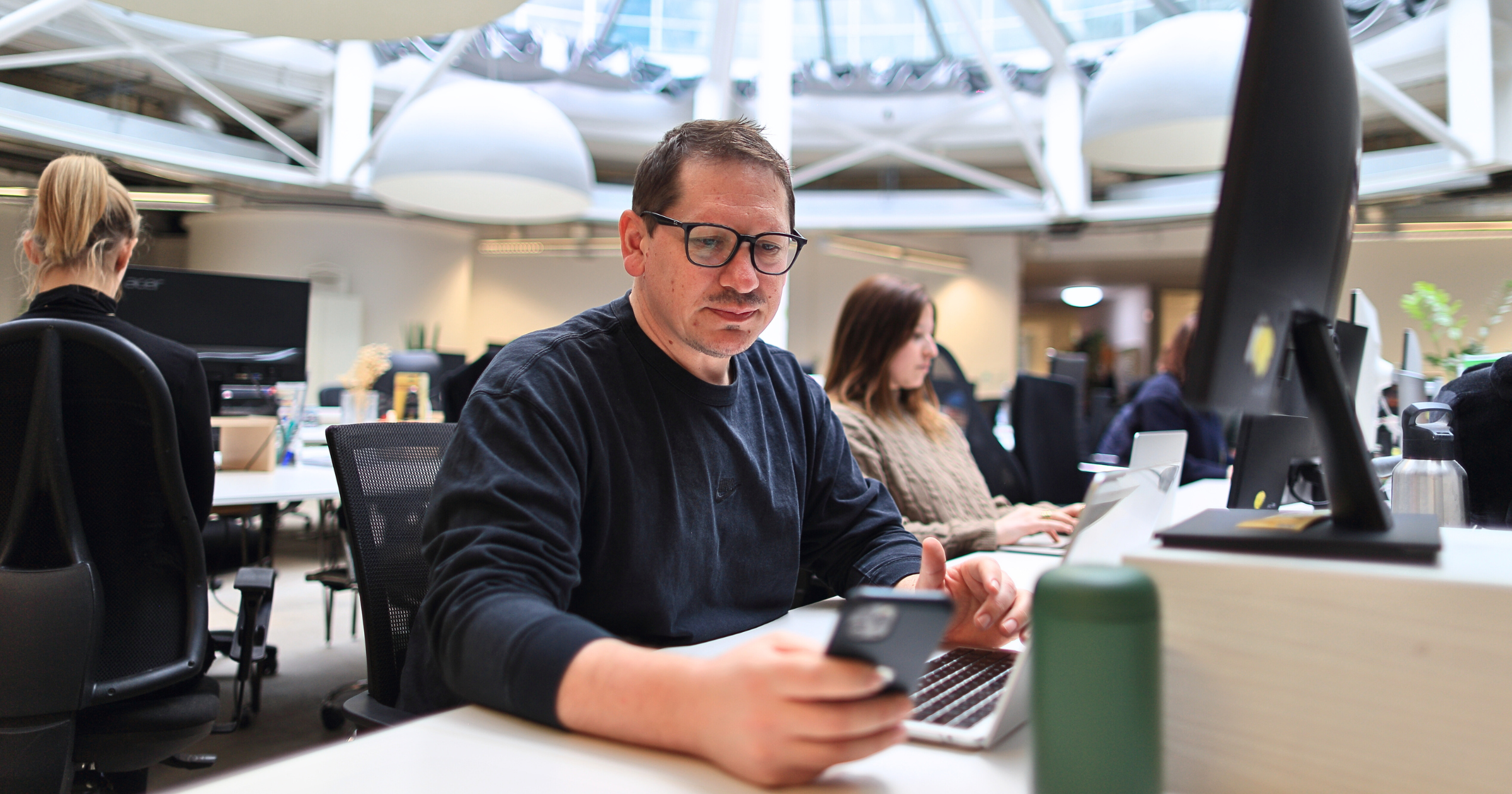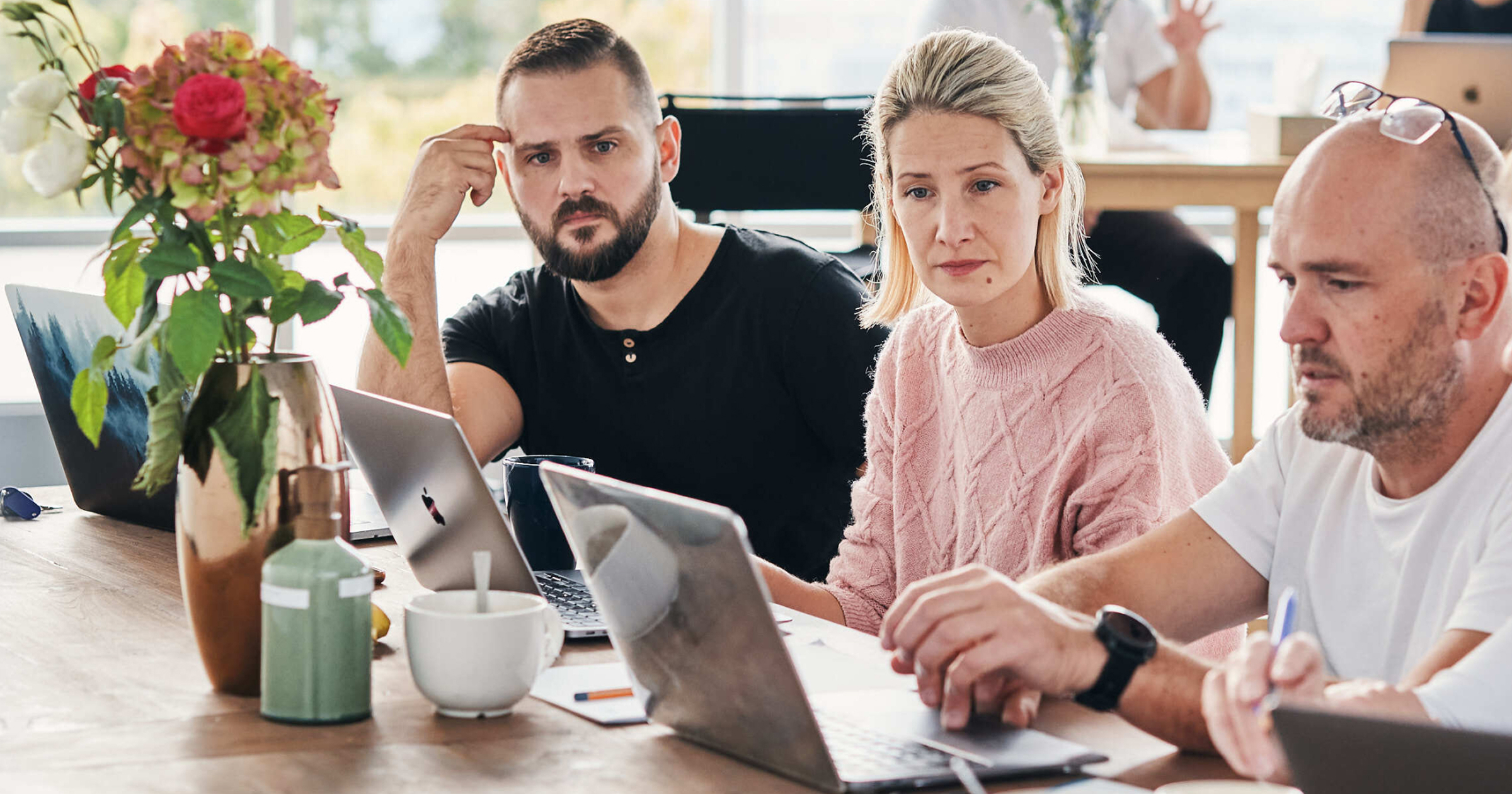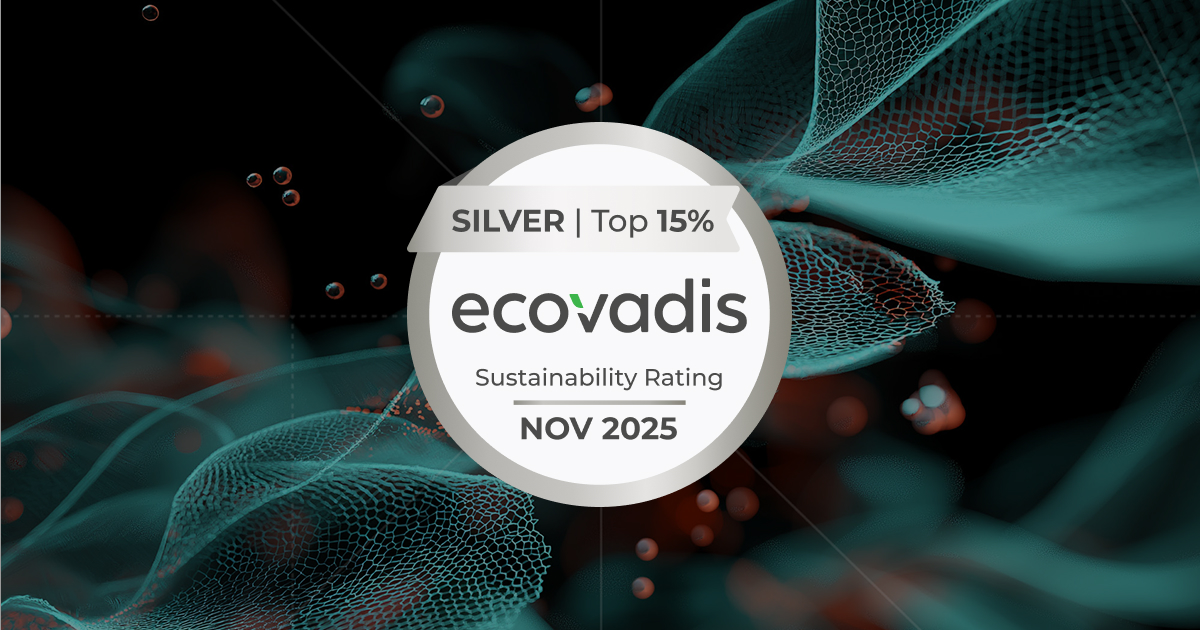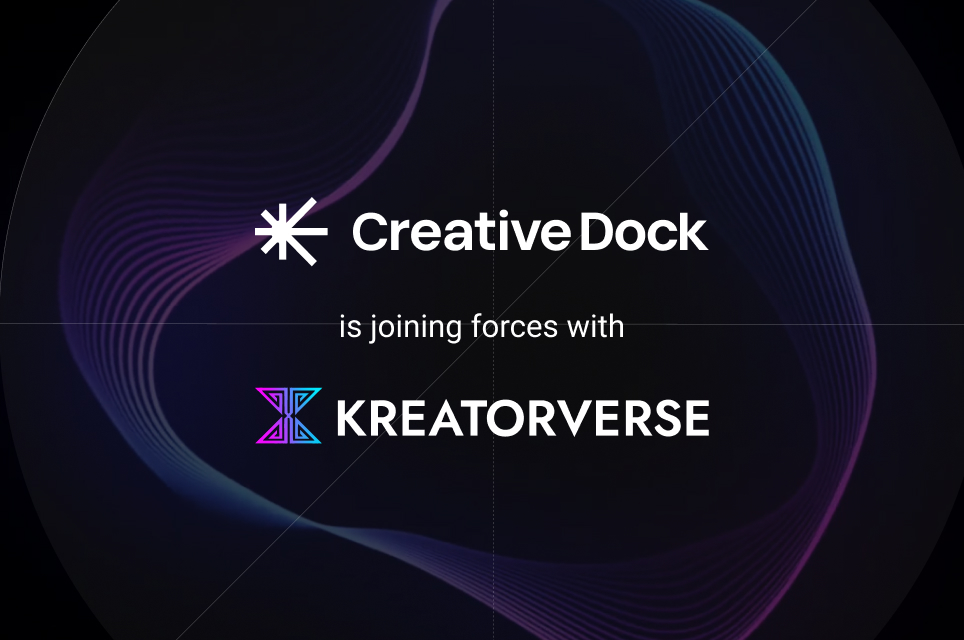The story behind Hungary’s most successful eHealth project
“Our heatmap shows that people tend to choose doctors based on their pictures.” Interview with Zoltan Kaprinay, co-founder of the Dokio project.


Is Dokio your main project at the moment?
Yes, we already have 50,000 registered users, we have ten partner clinics, and what I like the most is that we are constantly innovating and pushing it forward. Because nothing has changed as much as eHealth during the covid-19 pandemic. And for us, the timing has worked out — we came up with our business plan when covid didn’t exist yet, but when we began implementing, it had already gone global.
Describe to me what Dokio is.
It’s basically the same as Booking.com, except you don’t book hotels, you book private doctors.
So a reservation system. That’s it?
It’s more than that. There are two parts to it. One, the booking. Say you want to book an appointment with an ear specialist. Our system shows you all available otorhinolaryngologists. Not just all of the options, but all of their available appointments. And you can sort it by which place is closest to you, who’s cheapest, or who can treat you first. We’re linked directly with the clinics’ API, so as soon as you book your appointment with us, it’s sorted out. You don’t have to do anything else.
And the other thing?
That’s our symptom checker. So your ear is hurting. But that could mean anything. It could be an ear problem, but a lot of other issues as well. And we have a machine learning-powered system to figure out which doctor to send you to.

A questionnaire, then?
No, nothing that primitive. We’ve already entered 7 million sample medical cases into our database by integrating a Polish startup into our solution. And the system is still improving and learning. Its task is to find out what’s wrong with you, exactly. By asking different questions, just like a doctor would, it gradually refines your diagnosis. As a result, it recommends suitable specialists and the one you choose is immediately booked.
How does it communicate? Is there a chatbot?
No, we took a visual approach. Even I can’t describe all parts of the body properly. (laughs) You’re shown a picture of the human body and select where it is you have a problem. Then you get asked some 20 questions with options to choose from.
Is this a service for Hungary only, or do you plan on scaling it further?
Our client (the owner of the service) wants Hungary for now. But the whole interface is completely in English from the beginning, apart from Hungarian.
Is there any competition in Hungary?
There’s a 10-year-old company which is similar, you can use it to book a doctor’s appointment. But they don’t have contracts with the biggest clinics, plus it’s not as advanced technologically. They don’t have a symptom checker either. But like I said, we’re still developing our product and monitoring the market. For instance, we found out that 95% of the people who need to see a doctor will still call the front desk and make an appointment on the phone. These are the clients we want to reach.
They sound rather conservative. How are you going to convince them?
These people usually have long working hours, which is a big issue for them. The clinics are closed on the weekends and so are all their call centres. So we opened our own call centre to cater these more conservative clients. It operates from 8am to 8pm, 7 days a week. Even on the weekends. When you call in, we’ll offer you more options. Not only making an appointment with your doctor at your regular clinic, but also with all available doctors at 10 or 15 other clinics. So you might even find someone faster, closer, or cheaper than you’re used to.
And this whole call centre was created just for this type of customer?
We see it as a transitional phase. We want to convert these clients to online booking. Of course, they already use many online services, but they are just not used to booking a doctor’s appointment through a website. Their first impulse is to call. However, after their booking with our call centre, they will receive a confirmation via email.

In Czechia, if I want to see a specialist, my GP needs to fill in a request form first. Your app skips this step — how does it work?
The process is the same in Hungary, but if you go to a private doctor, you don’t need the request form. Of course your GP can send you to a specialist paid by your health insurance, but maybe you don’t want to wait that long and would rather go to a private specialist. We only serve the private sector. We don’t do state-controlled healthcare. In Hungary, whoever has at least a little money to spend is now moving to private practitioners, anyway. New clinics are being built and bought, the whole market is changing greatly.
Is private healthcare becoming more widespread in Hungary than in other Eastern European countries?
Yes, it is. Until recently, people often gave doctors money on the side. And so a new, and very tough, law against parasolvence was created. If a state doctor takes a bribe now, they might go to jail. Well, it worked and suddenly noone’s bribing anyone. But what happened is there are fewer doctors available now. Since they’re on the “official” payroll only, they’re in less of a hurry. If you want to see a doctor, you’ll have to wait longer. Or if you really want the procedure, you can go to the private specialist. You will still be paying extra, but this time legally.
Has covid shaken up the market?
Of course it has. All this time, the media made it seem that all the other diseases had disappeared and there was nothing but covid. Well, now it’s dealt with, people are suddenly remembering they have other diseases too. The price of advertising on Google in the private physician category is up 147%. Moreover, in Budapest alone, the consumption of meds increased by 11% in the coronavirus pandemic. You couldn’t go see your doctor, so they just prescribed or recommended something remotely and you went to a pharmacy to buy it.
What do you think of the “Doctor Google” phenomenon, where people search for a diagnosis online and, since there is always some disease, diagnose themselves?
Yes, doctors have this saying in Hungary: “There are no healthy people, only the under-examined.” (laughs) About that: another thing that’s unique about Dokio is our medically verified database of diseases. When people search on Google, it’s unverified information, home remedies, hoaxes, and serious studies all mixed up. For example, a carpenter writes online about how he cured his diabetes, and suddenly people are following his advice. It’s the proverbial user-generated content. And it’s really horrible sometimes. (laughs) Well, for the first time ever, we translated information about all the diseases and all the symptoms into Hungarian together with doctors. That didn’t exist until then. Whether you have a broken arm or constipation, you will find some sensation-seeking descriptions of that, but there was no official text in Hungarian, nothing backed by medical authority. And we’re using this one-of-a-kind database of ours for that initial diagnosis. If you go through our process, you could very well be evaluated as “healthy” in our test. We do not create patients artificially.
Are you going to make use of measurement trackers and sensors?
Yes, but for now, our product roadmap is so full that we have more important things to do. For example, we’re developing a health calendar, where you create a long-term schedule of recurring checkups.

How do you find your doctors and how do you select them?
We have contracts with entire clinics. Now, the whole market is changing, which we have anticipated. There used to be an awful lot of individual doctors, but they’re not going to survive long-term. They’re all moving to the clinics. The market is consolidating, more and more big clinics are emerging. And we’re signing contracts with them. The doctors might change, but our partnership-based relationship with the clinic stays the same. This is also related to the fact that we have some minimum standards of what a doctor’s profile needs to look like. For example, we never publish a profile without a picture, there has to be a description, etc.
Are people able to review doctors on Dokio?
They are, but we don’t show the reviews just yet because it makes the sales harder. But people do want to know which doctors are good and which are not. So we’re doing it LinkedIn-style, where people rate the level of a specific skill. For example, I’ll put on there that Jan is good at making videos and copywriting, but if you can’t do something, it doesn’t appear on there. It’s positives only. But as a rating system, it still works. If a doctor doesn’t have any skills filled in, it may not mean anything, but you’d rather pick the one who has some positive ratings. We can also see from the heatmap that people like to choose doctors based on their photo. In short, we are human and that’s how we assess who to trust with our health.

What’s the hardest part of kicking off an eHealth startup? Raising capital, reaching out to doctors, building connections, or working with clients?
No one here has been able to do it yet. There have been about a dozen companies that tried something similar. And it didn’t work out simply because they weren’t using the Creative Dock model. They began building, but lacked the trust of doctors, who didn’t believe that there was enough money or that it was at all possible to do this. All of these were being built as your typical startups. Meaning, “I have a great idea, I’m going to build it, I’m raising money in the meantime — and I’m never going to put it together.” The hardest part was getting those doctors on board in the beginning. The way we did it was we said, “We’re Creative Dock, we operate in a different way. There is a budget and we go about it systematically.” We had a plan and we’d already factored into the budget that everybody had different APIs and we would have to figure it out.
Do even the big clinics have trouble with IT?
Most of the time it’s not great. We knew it would be bad, but we didn’t know it would be this bad. So we aren’t working with one API, but we’ve tailored it to each client’s capabilities. And over time, as we’ve become known, increased the traffic, and partnered with the big clinics, we have worked on getting them to use our own API, customizing it as little as possible. But without the Creative Dock model, it wouldn’t have worked out. I mean, we would have customized the API for the 10 biggest clinics, but they would have said, “OK, we have already seen startups do that.” And they wouldn’t even have invested in trying to connect with us. They knew we had a plan, a budget, and 60 other projects behind us. In this segment, it simply wouldn’t work without our model.
Who is Zoltan Kaprinay
The Slovak-born Hungarian has been building companies for 20 years. Having spent the first 21 years of his life in Slovakia and the next 21 in Budapest, he has “upgraded” his multinationality recently. He now lives on the Slovak-Hungarian border, with Budapest, Bratislava, and Vienna within a short walking distance.
Zoltan is a former journalist who used to write about innovation. One day, he got a call from the CEO of T-Mobile, who had read his articles, offering him a job in Hungary. After five years, he left and, in the role of CEO, built the biggest cultural centre in Budapest — the A38 boat moored on the Danube. Lonely Planet named it the best club in the world. Later, as a consultant with his own company, Zoltan was in charge of Ringier’s new business for the whole region. In 1999, he co-founded the news portal, Index.hu, which is the most read news website in Hungary to date.
In 2010, he built Bonusz Brigad, a Groupon-like service, together with his friend. Martin Korman and Tomas Cupr were building the Czech Slevomat at the same time and later, they bought 10% of Zoltan’s company as well. In 2017, he wanted to start the same type of service that Creative Dock was planning to kick off. So they joined forces and founded Creative Dock Hungary together with Martin Pejsa. The first publicly visible project was Dokio.hu and there have been many more since.




.webp)










%20(1).jpg)































































